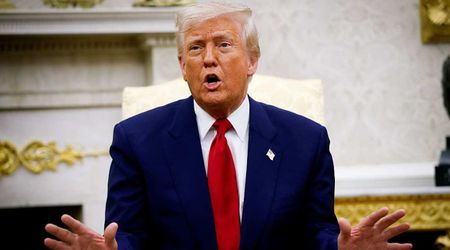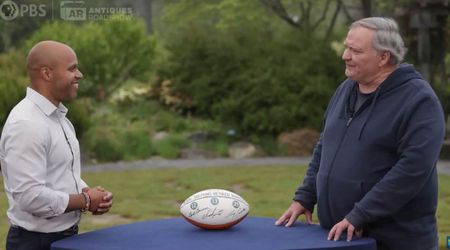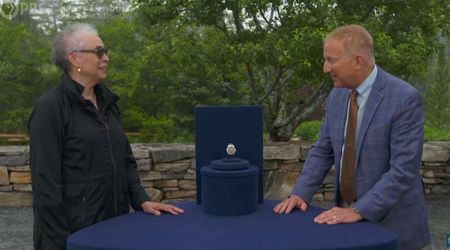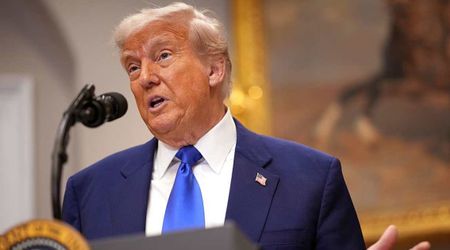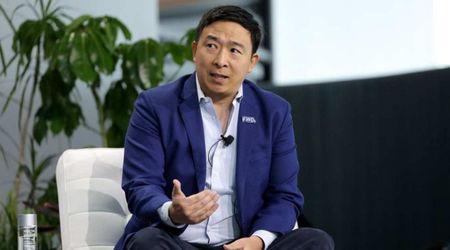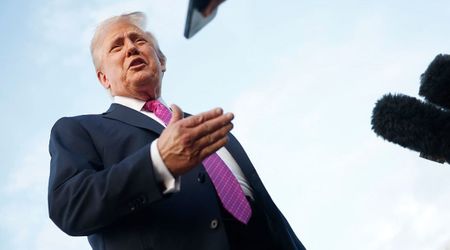Elon Musk Claims First Neuralink Patient Can Control a Computer Mouse With Mind

The first human patient who was implanted with a brain chip from Neuralink appears to have recovered completely, the startup’s founder, Elon Musk, said on Monday. In a Spaces event on X, he said that the patient, whose chip was implanted in January, shows no ill effects and is moving the mouse around the screen by "just thinking."
NEWS: Elon Musk announced tonight that the first human implanted with @Neuralink’s brain chip has made a full recovery.
— Sawyer Merritt (@SawyerMerritt) February 20, 2024
The patient is able to control a mouse using only their thoughts. Incredible achievement!pic.twitter.com/ImrSkxT0h7
Details of Neuralink’s First Human Trial
Neuralink’s current trial involved implanting a brain-computer interface in a part of the brain that controls movement. The firm began recruiting patients for its first-in-human clinical trial after it received approval from the U.S. Food and Drug Administration to conduct the study.
At the time, the firm had stated that it intended to use its technology to help those with traumatic injuries operate computers using just their thoughts. In January, the company finally implanted a chip dubbed "Link" in its first-ever candidate.
The first human received an implant from @Neuralink yesterday and is recovering well.
— Elon Musk (@elonmusk) January 29, 2024
Initial results show promising neuron spike detection.
The study employed a robot developed by Neuralink to surgically place a brain-computer interface implant in a patient. Although the trial was conducted successfully, no further updates were shared.
"Progress is good, and the patient seems to have made a full recovery, with no ill effects that we are aware of. "We’re trying to get as many button presses as possible from thinking, so that’s what we’re currently working on," Musk recently revealed in a Spaces audio chat.
"The first human Neuralink patient seems to have made a full recovery with no ill effects and is able to control the mouse around the screen just by thinking."
— DogeDesigner (@cb_doge) February 20, 2024
— Elon Musk pic.twitter.com/0E8qFyLehO
How does the “Link” implant work?
Neuralink's tech works through the cosmetically invisible implant. The chip comprises multiple insulated wires connected to the electrodes and the device works by recording activity from electrodes placed next to individual brain cells. The device reads out the person's intended movement and executes it on a computer.
Controversies Surrounding Neuralink
The firm has been under scrutiny for its information-sharing policies in the scientific community. The Hastings Center, a nonpartisan research institute, published a blog post calling the firm’s policies "science by press release," referring to Neuralink's unethical approach to releasing information. Furthermore, the center believed that information on such crucial trials should only be released as formal reporting to the public.
More on Neuralink, referencing our recent piece, from @ConversationUS: "Fellows at the Hastings Center, a bioethics think tank, have warned that Musk’s brand of science by press release, while increasingly common, is not science.'” #Neuralink #ethics https://t.co/qEIVwh7pAa
— The Hastings Center (@hastingscenter) February 15, 2024
"When the person paying for a human experiment with a huge financial stake in the outcome is the sole source of information, basic ethical standards have not been met," chair of the Department of Medical Ethics at the University of Pennsylvania, Arthur Caplan, wrote in the blog post.
The authors argued that even though the FDA doesn’t require formal reporting for early feasibility trials of medical devices, the surgeons, neuroscientists, and nurses who participated in the trial have a moral responsibility to provide transparency.
View this post on Instagram
Neuralink was previously embroiled in controversy as it faced repeated calls for scrutiny regarding its safety protocols. The firm was reportedly fined for violating U.S. Department of Transportation rules regarding the movement of hazardous materials.
Musk, however, has grand ambitions for the firm's brain chip implants. He aims for speedy surgical insertions of their chip devices to treat conditions like obesity, autism, depression, and schizophrenia in the long run.


